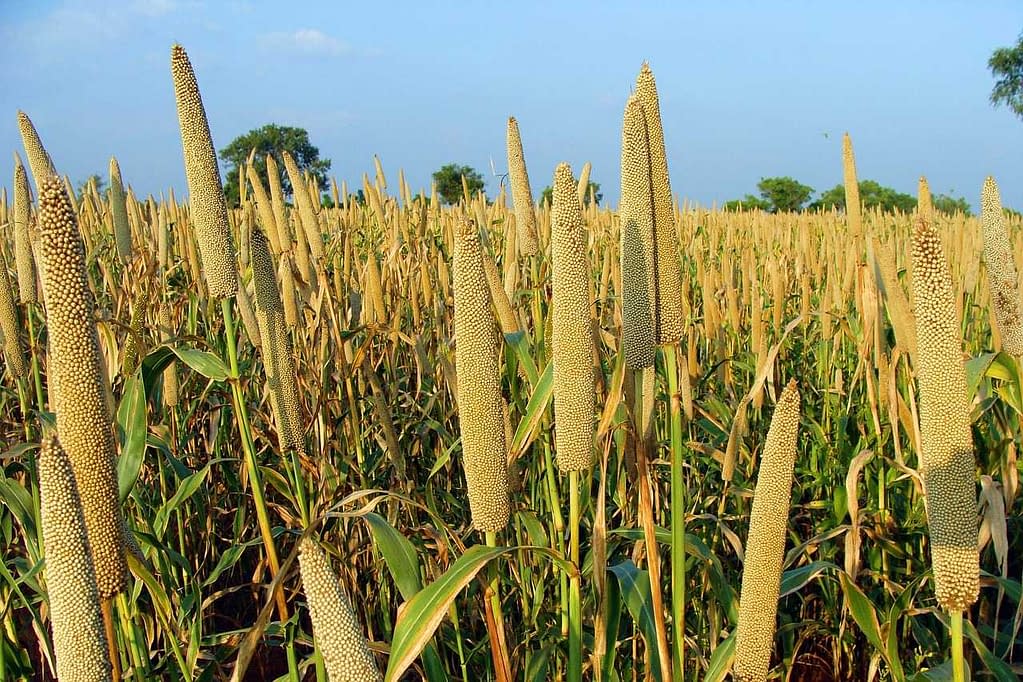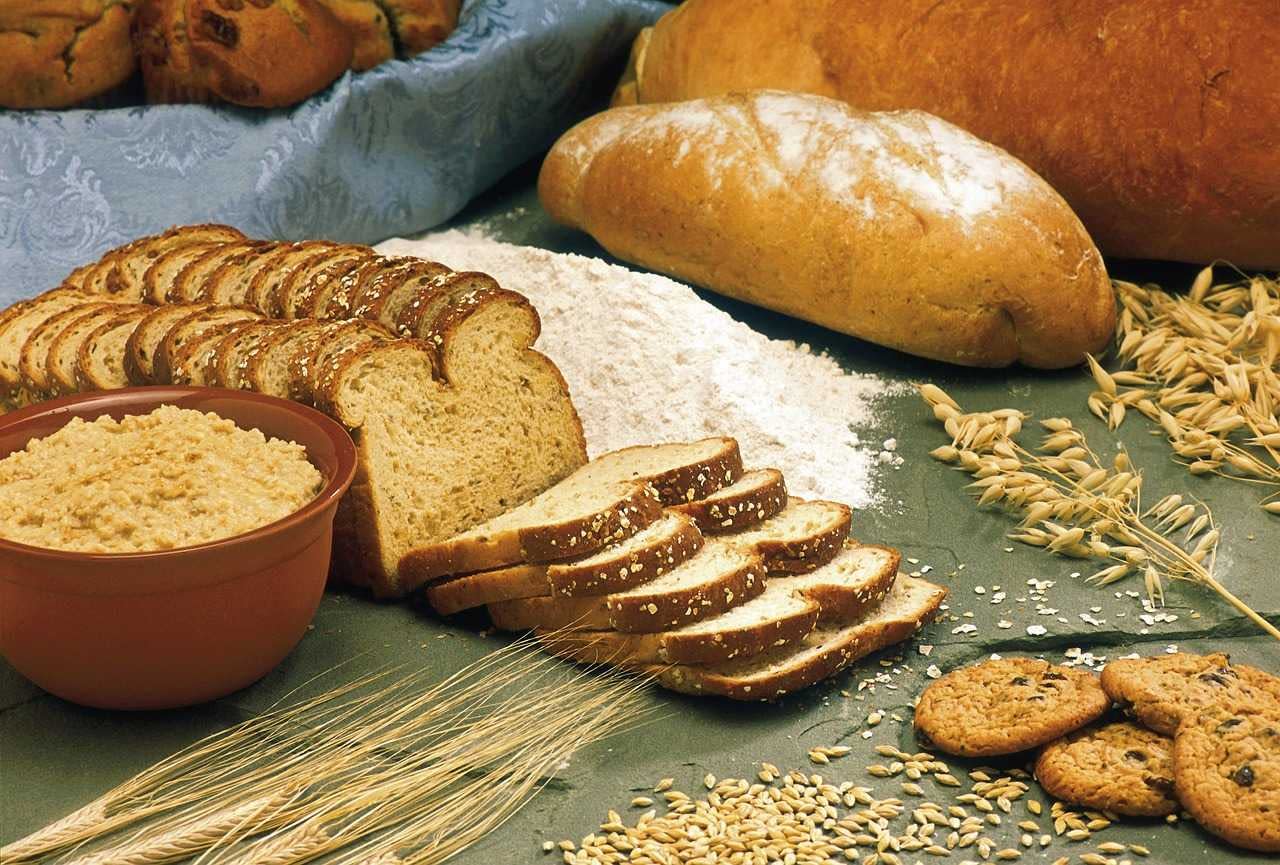What is Millet? What are the Health Benefits of Millet?

By The Headlines, February 14, 2023 | 10:56 PM
Millet is a nutritional powerhouse, packed with essential vitamins and minerals that make it a great addition to any diet. It has potential health benefits ranging from heart protection to improving digestion and respiratory health, as well as aiding in detoxifying the body and managing diabetes. Additionally, millet is an excellent source of plant-based protein and dietary fibre. With these amazing health benefits, millet is definitely worth trying out!
What is Millet?
Millet has become an integral part of global agriculture due to its small-seeded grass structure and ability to thrive in difficult climatic conditions. It is extensively cultivated in developing countries and makes for an incredibly versatile crop.
Pearl millet, scientifically known as Pennisetum glaucum is the most popular kind of millet that exists. Its roots trace back to Africa but it has since spread to Asia and the Middle East about 10000 years ago.
India is one of the biggest producers of various types of grains, with 8 million tons produced in a year. Africa and China come in second and third respectively. These grains can be used to make many different food items such as cereals, porridge, snacks and a wide range of bread.

Image by Welcome to all and thank you for your visit ! ツ from Pixabay
Millet is a highly nutritious grain that can provide your body with an abundance of essential vitamins, minerals, and organic compounds. Packed with carbohydrates and fibre, millet is an excellent source of energy and can help you maintain a healthy diet. Additionally, it contains numerous beneficial compounds that can help improve your overall health. From regulating blood sugar levels to promoting gut health, millet's nutritional profile makes it an ideal addition to any meal.
If someone suffers from celiac disease, millet is a great substitute for wheat as it is completely gluten-free. People with gluten sensitivities can enjoy the various dishes made from this grain, knowing that it won't cause any adverse reactions. To avoid cross-contamination, millet should be sourced from mills that do not process other grains that contain gluten. It is highly advisable to check the packaging for exact information. Nutritionally speaking, millet provides an excellent source of energy & B vitamins.
What are the Nutritional contents of Millet?
Millet is a nutrient-packed grain that can be an excellent addition to any balanced diet. This ancient grain is rich in starch, B vitamins, minerals and fibre. According to the United States Department of Agriculture Food Data Central, millet is a good source of essential nutrients vitamins and minerals like calcium, iron, magnesium, phosphorus, zinc and more. It is also low in fat and calories and has a low glycemic index. Eating millet regularly can help reduce the risk of chronic diseases like diabetes, heart disease and obesity.
Also Read: What are the benefits of having Dry Fruits in Morning
In addition, the high dietary fibre content of this important grain offers even more health benefits.
What are the Health Benefits of Millet?
Millet is an amazing grain that offers numerous benefits. Let's take a look at how it can be beneficial to you.
1. Protects Heart Health
Research conducted by the University of Kentucky has shown that whole grains can help protect against the risks of heart disease. Adding millet to your diet is a great way to ensure a healthier heart and reduce these risks. Magnesium is an essential mineral with many health benefits. It can aid in lowering blood pressure and reducing the risk of cardiovascular issues like heart attack & stroke, particularly in people with atherosclerosis. Its rich source makes it a potentially valuable resource to incorporate into one’s lifestyle.
Eating millet can be beneficial for anyone trying to maintain a healthy cholesterol level. The high fibre content in this grain may help lower cholesterol levels (ideally below 200mg/dL) and support heart health. Dietary fibre can help to flush out bad cholesterol (LDL) from the body while potentially increasing levels of good cholesterol (HDL).
2. Helps in Diabetes Management
Millet is a gluten-free whole grain that is packed with fibre which may have a positive impact on those with diabetes. Additionally, it has a low glycemic index, offering further assistance in preventing the onset of this condition. Not only do millets provide a range of benefits, but research indicates that incorporating them into our diets could also help reduce the increasing prevalence of diabetes globally.
3. May Aid in Digestion
According to the Journal of Range Management, millet could be quite beneficial for your gastrointestinal health. It has been linked to easing symptoms of constipation, bloating, gas, and cramping. Keeping a balance in your digestive system is key to improving nutrient absorption & possibly reducing the risk of serious gastric conditions such as ulcers. Taking care of your digestive system is essential to keep your other organ systems in check like the kidneys, liver and immune system. This is because metabolic activities impact them all. It's always important to ensure regular digestion and elimination of waste for optimal health. Eating too much millet at once might result in some unfavourable effects, so it is best to be mindful of how much you consume.
4. Rich in Antioxidants
Millets are undeniably packed with antioxidants and phenols, which are known to rid the body of toxins. Therefore, consuming millet may do wonders for your overall health. Compounds such as quercetin, curcumin and ellagic acid might be able to rid your body of any toxins by promoting appropriate excretion and balancing enzyme activity in certain organs.
5. Millet Decrease High Blood Pressure
Millet is a powerhouse of nutrition that has multiple benefits for our health. It is an excellent source of magnesium, which helps relax the muscles around our arteries and reduces blood pressure. Additionally, research has shown that millet can also help in reducing the intensity of asthma attacks and migraines.
Image by Bishnu Sarangi from Pixabay










